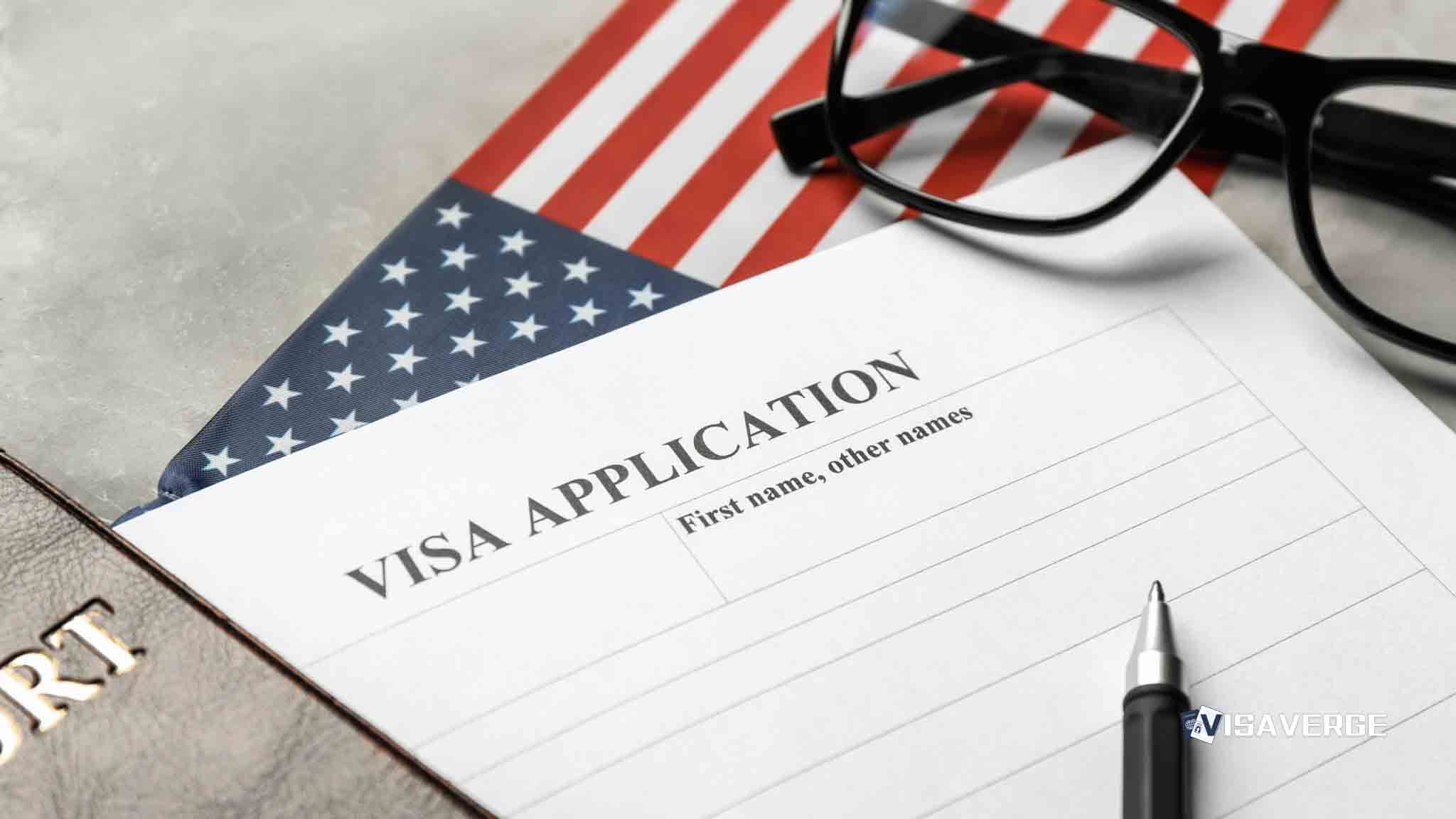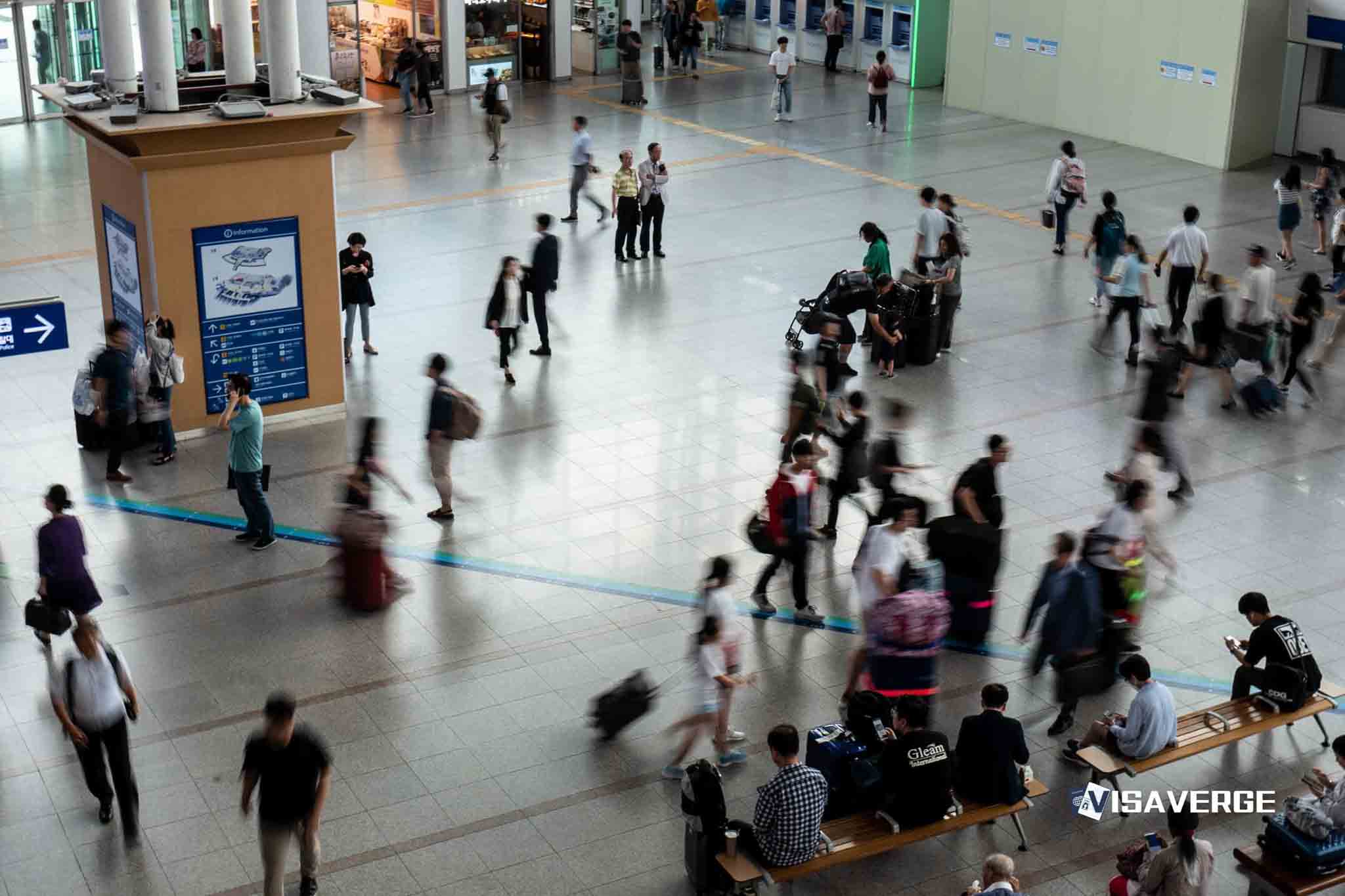The U.S. government is moving to tighten student visa rules starting in late 2025, with fixed-term limits and in-person interviews that may force many international students to reapply mid-program. Officials say the changes aim to improve security; schools warn of delays and lost talent.
What is changing and when it starts

- Fixed-term limits for F-1 and J-1: The Department of Homeland Security (DHS) cleared a proposal at the White House in late June 2025 and is expected to publish it for public comment soon. Instead of remaining in the U.S. for the duration of status, students would receive visas for a set number of years and then apply for an extension if their programs run longer.
-
Interviews required starting September 2, 2025: The Department of State will end most pandemic-era interview waivers. F-1, F-2, J-1, and J-2 applicants will need in-person interviews for both first-time visas and renewals, with narrow exceptions only for diplomatic and official categories.
-
Heightened scrutiny and revocations: On May 28, 2025, Secretary of State Marco Rubio announced plans to “aggressively revoke” visas of Chinese and Hong Kong nationals linked to the Chinese Communist Party or studying in “critical fields.” State also paused new student visa interview scheduling in late May to set up broader social media vetting, though previously scheduled interviews continue.
-
Partial suspensions by nationality: Since June 9, 2025, issuance of student visas for nationals of certain countries—including Cuba and Venezuela—has been partially suspended for F, M, and J categories, with limited exceptions.
How this affects students and schools
-
More mid-program reapplications
Fixed terms mean students in longer programs (PhDs, multi-year master’s, dual degrees) may need to seek extensions before completing their studies. -
Longer wait times
With in-person interviews back, consulates will likely have longer queues. Appointment backlogs and processing times may rise sharply in high-demand posts. -
Greater risk for some nationalities
Students from China, Hong Kong, and countries under partial suspensions may face higher refusal and revocation risk—especially in sensitive research areas. -
Campus impacts
International student offices will field more paperwork and advisement requests. Employers who hire OPT and STEM OPT graduates may see smaller candidate pools and start-date uncertainty.
Voices from the field
- Immigration lawyers warn the shift from duration of status to fixed terms will mean “more paperwork at the worst time—mid-program,” and urge students to plan six to nine months ahead for extensions.
- University leaders say “uncertain visa timing can push top admits to other destinations.”
- Tech and healthcare employers fear fewer qualified hires.
- Government officials frame the moves as security-focused: “We’re aligning student vetting with national priorities,” one official said.
According to analysis by VisaVerge.com, ending broad interview waivers and returning to in-person vetting will likely stretch consular capacity through late 2025, especially in countries with large student flows.
What students should do now
- Check visa expiration and program length
Map your program timeline against your current visa validity and build a buffer for delays. -
Prepare for interviews
Practice clear answers about your study plan, funding, and ties home. Bring strong documents—financials, transcripts, enrollment letters, and research summaries that avoid sensitive details. -
Expect social media checks
Keep accounts professional and be ready to list handles if asked. -
Coordinate with your DSO/RO
Keep SEVIS records accurate. If DHS finalizes fixed terms, your Designated School Official (DSO) or Responsible Officer (RO) can guide extension timing. -
Plan travel carefully
If you need a new visa stamp, arrange a consulate appointment well ahead of planned trips. -
Keep backups
Hold proof of on-time filings and school support letters—these help at secondary inspection.
Step-by-step changes from September 2, 2025
- Most F-1/J-1 applicants must schedule and attend in-person interviews for new visas and renewals.
- Students will receive visas with fixed validity periods; if studies exceed that period, they’ll need an extension or new visa.
- Nationals of certain countries may face partial suspensions or extra rules.
- Enhanced vetting, including social media review, may lead to additional questions or secondary inspection at ports of entry.
FAQs (in simple terms)
-
Do I need to leave the United States to extend status?
If DHS adopts fixed terms, you may be able to extend status inside the country, but you’ll likely need a new consular visa stamp for future travel. Watch the final rule details. -
Will my OPT or STEM OPT be affected?
Possibly. Visa backlogs may delay travel for stamping or fixed terms may expire sooner than program end dates. Keep your EAD dates and travel plans aligned and consult your DSO before trips. -
What if my country is on a partial suspension list?
Check the U.S. embassy website for your country before applying. Exceptions may exist for certain cases.
Official resources
For the latest State Department policy updates and interview guidance, review the student visa pages on travel.state.gov. This is the best starting point for scheduling, fees, and appointment availability.
Bookmark this official source for current requirements, fees, and interview rules: the State Department’s Student Visa section on travel.state.gov
(One official government link to bookmark: see the State Department’s Student Visa section on travel.state.gov for current requirements, fees, and interview rules.)
What universities and employers can do
- Universities:
- Expand advising staff ahead of fall 2025.
- Issue early I-20s/DS-2019s and provide detailed program timelines.
- Offer mock interview workshops and track students’ visa end dates.
- Send reminders six to nine months before visa expiration.
- Employers:
- Adjust start dates for international hires.
- Prepare for delayed onboarding if consulates back up.
- Offer remote or flexible starts when possible.
- Coordinate closely with school OPT offices.
Context and timing
- Duration of status has long allowed students to remain as long as they stayed enrolled and maintained status.
- During COVID-19, the State Department widened interview waivers to cut backlogs.
- Today, geopolitical tension, especially with China, is driving tighter screening.
- DHS’s fixed-term plan is expected to appear for public comment soon, with final rules possible in late 2025 or early 2026.
- Interview requirements apply beginning September 2, 2025, with adjustments depending on consular staffing.
Practical example
A PhD student in engineering with a five-year plan receives a three-year F-1 visa under the new rule. In year three she must apply for an extension. She:
- Schedules the consulate interview months ahead.
- Brings funding evidence and a research summary that avoids sensitive dual-use topics.
- Keeps digital and paper copies of all filings.
- Has her department issue a letter confirming program progress and timeline.
- Builds a travel buffer because appointment slots are tight.
Key takeaways
- Fixed terms will likely mean more mid-program filings and possible travel for visa stamping.
- In-person interviews return for most students on September 2, 2025.
- Some nationalities and fields face extra screening or suspensions.
- Early planning, strong documents, and close work with school advisors will reduce risk.
Next steps for students today
- Audit your documents and timeline now.
- Book the earliest possible consular slot if you need stamping after September 2.
- Keep communication open with your DSO/RO and department.
- Save official updates from the Department of Homeland Security and State.
One official government link to bookmark: see the State Department’s Student Visa section on travel.state.gov for current requirements, fees, and interview rules.
This Article in a Nutshell













